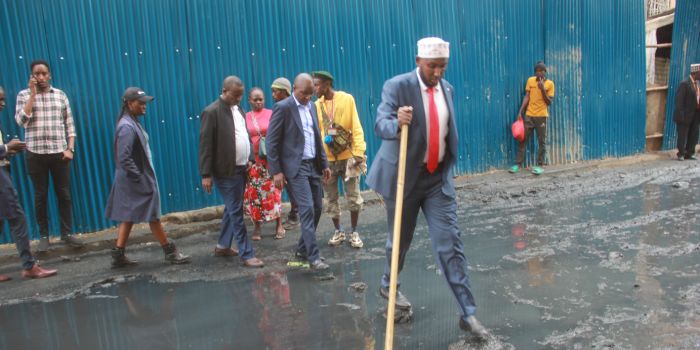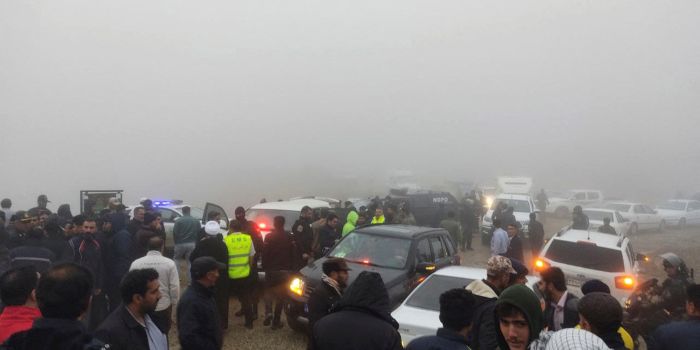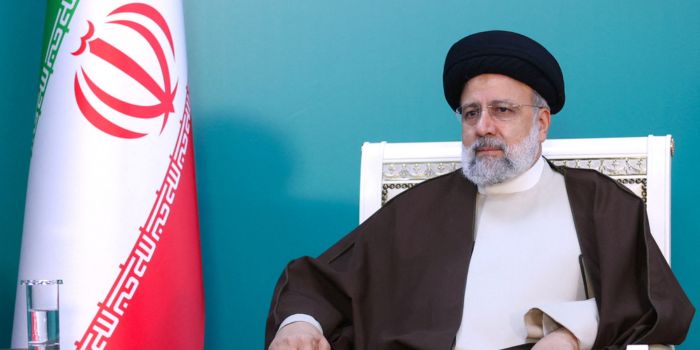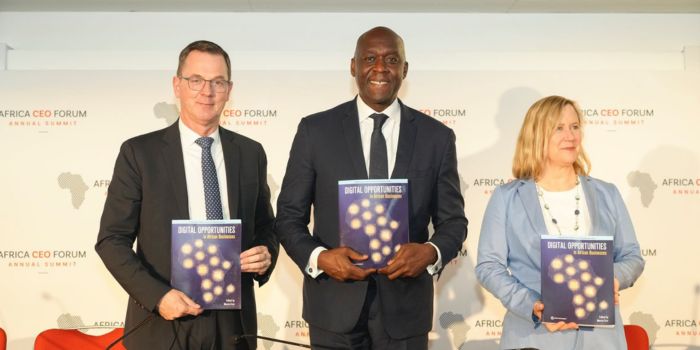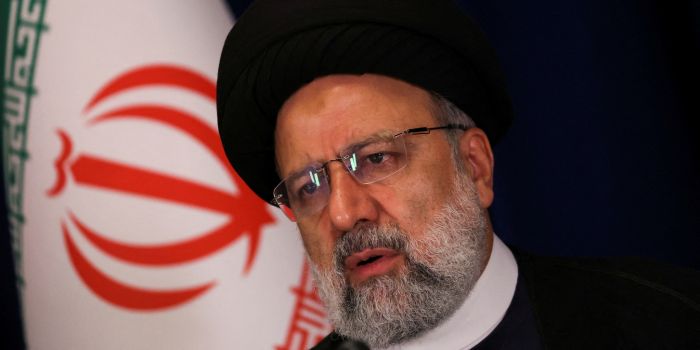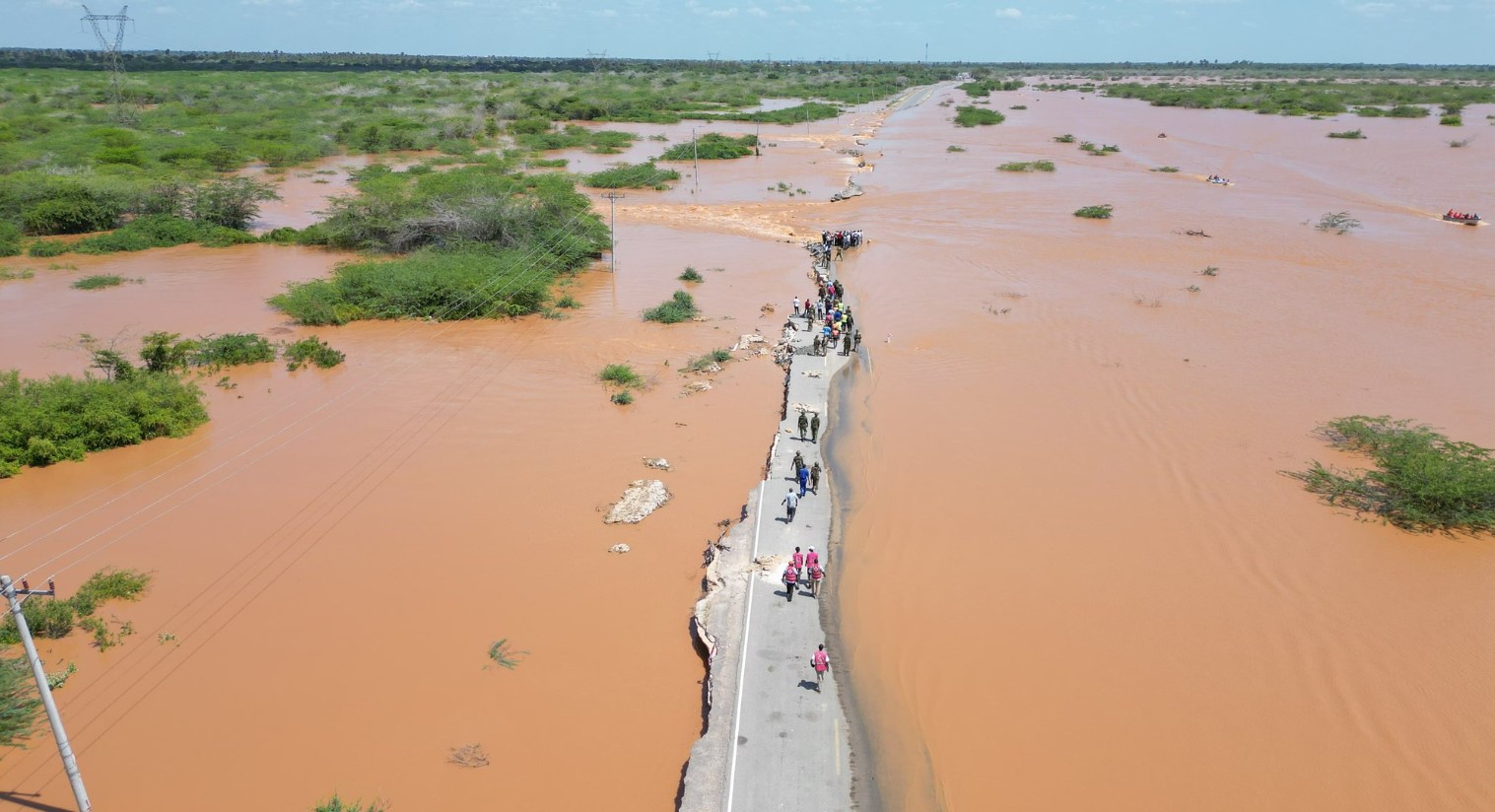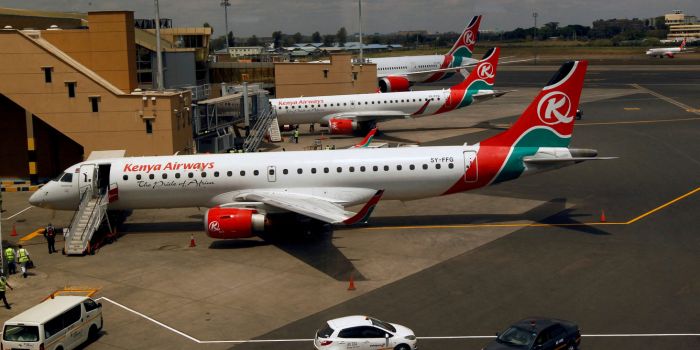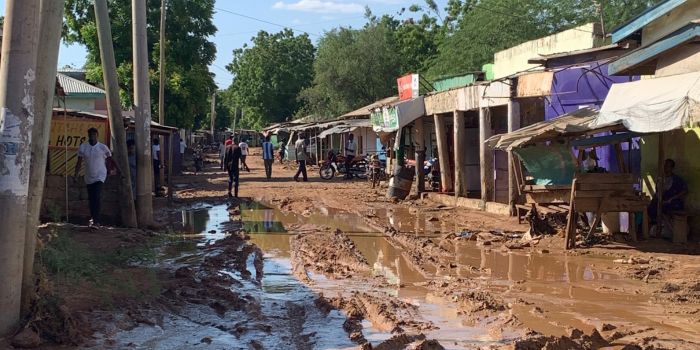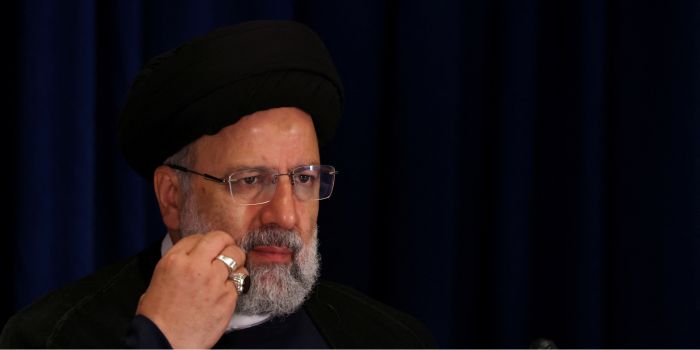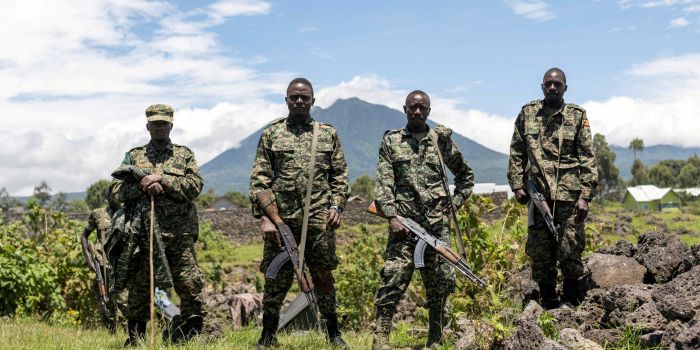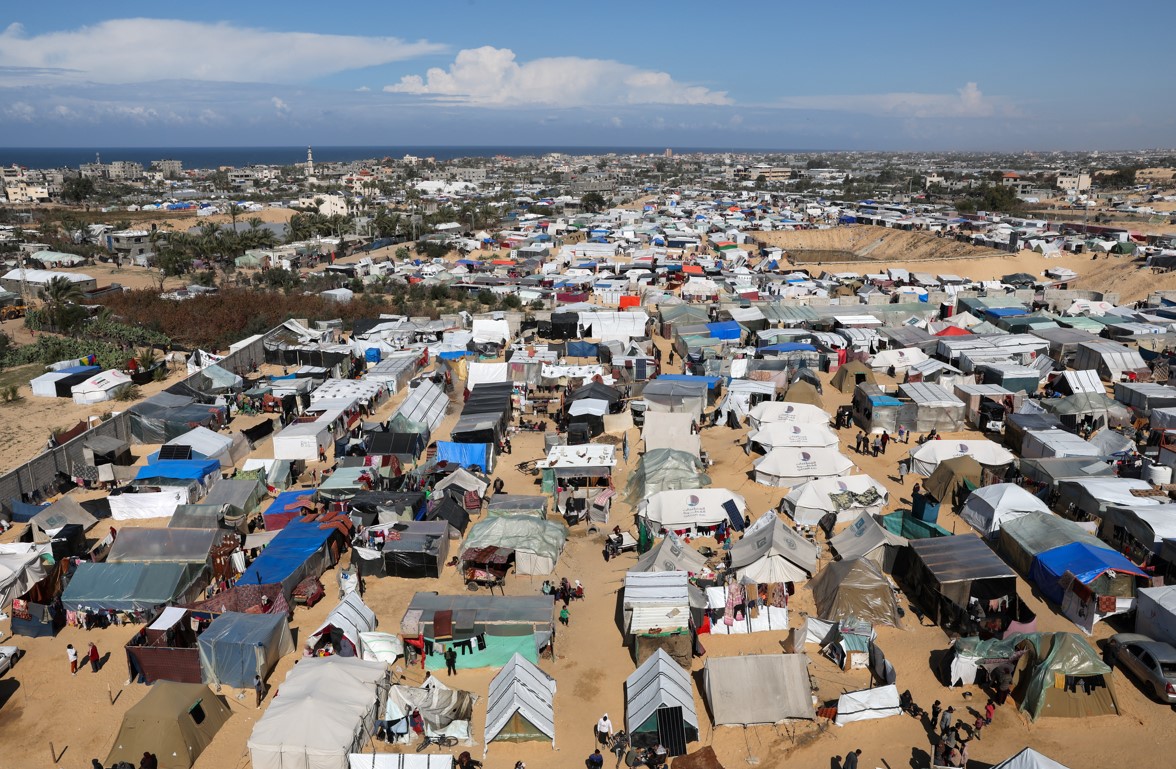Kenya’s wealthy embrace green projects amid climate change concerns
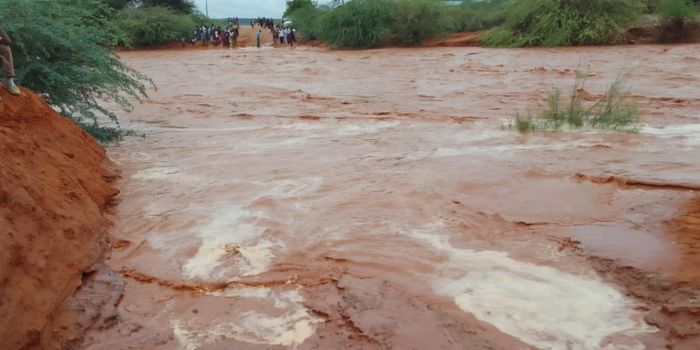
By Albert Mwazighe |
Over the past month, the country has been experiencing heavy rainfall that has resulted in loss of lives and livelihoods, at an unprecedented scale.
Over 90 per cent of Kenya’s high-net-worth individuals have diversified their portfolios to include green-certified buildings since November last year when heavy rains began pounding the country.
According to a study by real estate firm Knight Frank Kenya, conducted on the spending habits and priorities of the country’s wealthiest individuals, investors are increasingly looking at how their assets could affect the environment around them.
Keep reading
- Kamukunji, Mathare & other Nairobi areas warned to brace for rains
- IGAD launches East and Southern Africa's health preparedness, response and resilience programme in Kenya
- Floods death toll rise to 291 as 107 cholera cases reported countrywide
- Kenya's floods calamity: Death toll rises to 289 after 12 more reported
Many of these individuals are now taking factors such as whether a building uses renewable energy into account, with figures showing that from just 35 per cent a year ago, 60 per cent of rich Kenyans are now seeking solar panel installations in the properties they invest in.
“Kenya’s rich have surpassed the global average of including green priorities in their investment portfolios. This all serves to support the country’s target of reducing its carbon footprint by 32 per cent by 2030,” said Mark Dunford, CEO of Knight Frank Kenya.
Carbon cutting is becoming an increasingly urgent global priority, as temperatures continue to rise and erratic rainy seasons, as well as droughts and cyclones become more common.
Over the past month, the country has been experiencing heavy rainfall that has resulted in loss of lives and livelihoods, at an unprecedented scale.
“In efforts to mitigate this deterioration, 40 per cent of wealthy Kenyan investors are now seeking green certification and energy ratings for their properties, up from 30 per cent a year earlier,” posed Dunford.
Across the wealthy Kenyans that were surveyed in 2024, fewer than 7 per cent were not yet considering the environment in their investments.
“We are seeing more attention towards environmental impact, with increased commitments to green roofs, open spaces, and community facilities such as cycle tracks and electric vehicle charging points,” said Boniface Abudho, Research Analyst, Knight Frank Africa




